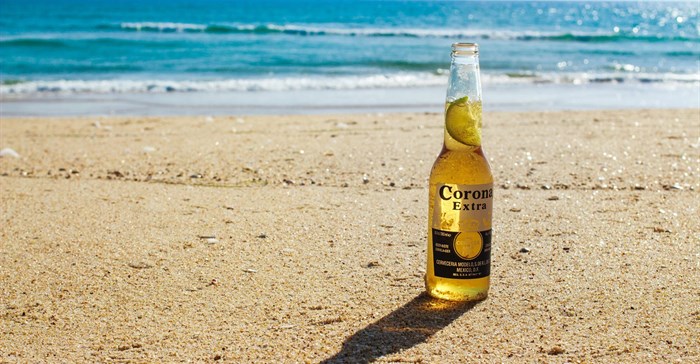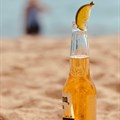It is well-established that a brand consists of much more than just a name, but we must still acknowledge that the name of a business goes directly to the heart of its identity.
Think about it: No matter how affectionately and earnestly Juliet might have proclaimed that Romeo’s identity was not intertwined with the name Montague, it is clear that the play’s central struggle turns around his name; the reason that their love was forbidden.
None of us has a crystal ball. This is why a business, when choosing a name or re-branding, must exercise a measure of caution in crafting its corporate identity.
Much of the risk associated with selecting a name can be averted by conducting a simple trade mark availability and registrability search. To illustrate the importance of this search, look at General Motors’ decision to release the Chevy Nova in Spain, where “nova” is Spanish for “no go”. This outcome could have been avoided with a prior trade mark search.
Tarnishing of brand name
But what happens when a business’s name is tarnished by association with an unavoidable occurrence of a negative nature? A trade mark search would not be able to mitigate this.
Consider the experience of the Belgian confectionery creator, the IT company and the Denver books and gift retailer – all of whom became associated with the terror organisation The Islamic State, better known as Isis, even though they had named their brands after the ancient Egyptian goddess, Isis. The aforementioned businesses took the logical step to change their names in response to dramatic drops in sales and new business, but the name had such a negative connotation for US citizens that the Denver retailer was even vandalised. Its aggressors clearly didn’t know much about Egyptian mythology.
Another interesting example of a brand damage due to an unrelated event took place during the 1930s, when SS Cars Limited was a popular British manufacturer of sports vehicles. With the rise of Nazi Germany during the Second World War came the Nazi Party’s elite military unit, the Schutzstaffel or “SS”. This association was so devastating to the company’s reputation that, during 1945, it elected to change its name to Jaguar Cars Limited.
But the tarnishing of brand names is hardly a thing of the past.
Corona beer virus
More recently, media attention and social media memes have gripped Corona lager in a similar controversy, as a result of the novel coronavirus (Covid-19). This association has severely affected the global sales of this lager, with reports showing that its owners, Anheuser-Busch InBev, have declared a 10% decline in first quarter sales.
Media sources report that the decline is unlikely to because customers are confusing the beer with the coronavirus. But what does chocolate have to do with the Islamic state? Is it really possible that consumers could believe that beer transmits Covid-19? Google reports that internet searches for the phrase “Corona lager” increased by 1100% in the first quarter of 2020, with users specifically searching for “beer virus” or “corona beer virus”.
This cannot be a coincidence.
So how did it happen that a deadly virus was assigned the same name as a famous beer? The word corona is Latin for “crown”, hence the crown device on the label of Corona lager. Unfortunately for Corona lager, the coronavirus has characteristic club-shaped spikes that protrude from its surface. In electron micrographs, these create an image that is reminiscent of the solar corona, from which its name derives. Similar inspiration; different implication.
Is a name change needed?
The question arises: What is a company or brand to do when their name is co-opted by a deadly or even unflattering event? The decision of whether to retain the name or re-brand depends largely on whether the company is commercially affected, i.e. whether or not the people who hold the negative opinion are, or could be, its customers.
In the case of Corona lager, it appears that AB InBev’s customers hold the negative opinion, so it will be interesting to see whether the company elects to change the name of a beer that is almost 100 years old. Is a name change needed to save a century-old reputation?
What is certain is that the companies that elected to change their brand names, and survived, did so in a very short space of time – to limit the duration of the association. If AB InBev is going to adopt the safe approach, it should move quickly. Because, the longer it waits to make its move, the greater chunk of its clientele it could potentially lose.
Here is a final piece of advice: Scientists, and more particularly virologists, have long enjoyed a love affair with Latin. For this reason, situations such as our current one, surrounding the name “corona”, will most likely come again. Because it is conceivable that any future virus may be named in Latin, you might try to avoid using Latin in generating your next brand name. After all, a virologist may just fancy it for the next global pandemic.















































